Affiliate links on Android Authority may earn us a commission. Learn more.
HTC U11 vs the competition
Published onMay 16, 2017
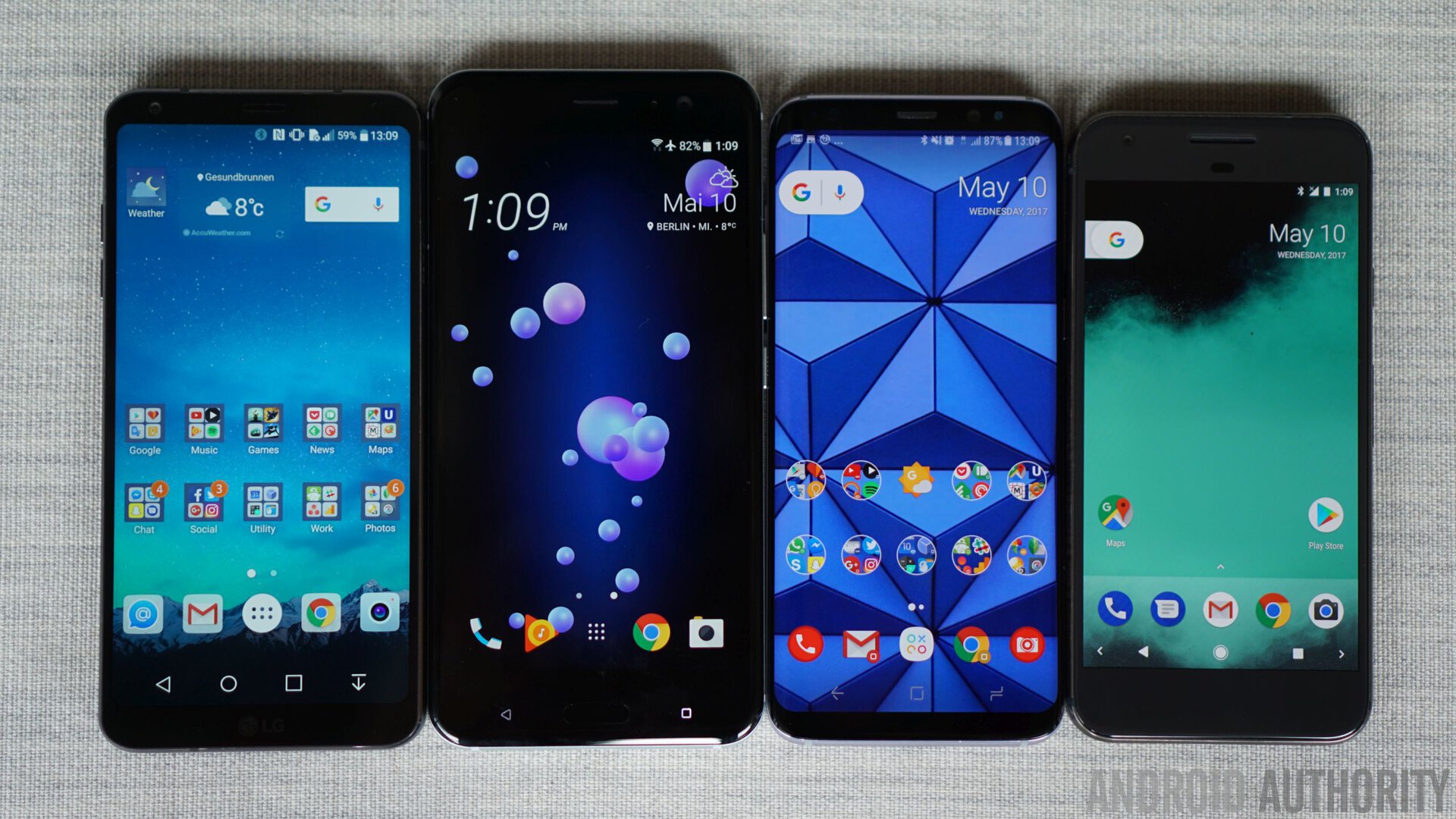
Less than half a year since HTCunveiled its U Ultra flagship, the company is back with a more powerful smartphone release – the HTC U11. Viewed as the company’s true 2017 flagship, let’s see how the hardware specs stack up against the new Samsung Galaxy S8, LG’s G6, the HUAWEI P10, and Sony’s Xperia XZ Premium.
It’s understood that limited availability of Qualcomm’s Snapdragon 835 was a major factor in HTCand LG’s decisions to release Snapdragon 821-powered flagship phones a little earlier in the year. While very decent performers, the spec hungry customers out there have been waiting for the “real” processor upgrades before taking the plunge this year, and the HTCU11 is here to feed that need for ever faster smartphones.
| HTC U11 | Galaxy S8 / S8 Plus | LG G6 | Xperia XZ Premium | HUAWEI P10 Plus | |
|---|---|---|---|---|---|
Display | HTC U11 5.5-inch QHD LCD (2560x1440) | Galaxy S8 / S8 Plus 5.8-inch / 6.2-inch QHD+ AMOLED (2960x1440) | LG G6 5.7-inch QHD+ LCD (2880x1440) | Xperia XZ Premium 5.5-inch 4K LCD (3840x2160) | HUAWEI P10 Plus 5.5-inch QHD LCD (2560x1440) |
SoC | HTC U11 Snapdragon 835 | Galaxy S8 / S8 Plus Snapdragon 835 or Exynos 8895 | LG G6 Snapdragon 821 | Xperia XZ Premium Snapdragon 835 | HUAWEI P10 Plus Kirin 960 |
CPU | HTC U11 4x 2.45 GHz Kryo 280 + 4x 1.7 GHz Kryo 280 | Galaxy S8 / S8 Plus 4x 2.4 GHz Kryo 280 + 4x 1.7 GHz Kryo 280 or 4x 2.4 GHz Samsung M2 + 4x 1.7 GHz Cortex-A53 | LG G6 2x 2.35 GHz Kryo + 2x 1.6 GHz Kryo | Xperia XZ Premium 4x 2.45 GHz Kryo 280 + 4x 1.9 GHz Kryo 280 | HUAWEI P10 Plus 4x 2.4 GHz Cortex-A73 + 4x 1.8 GHz Cortex-A53 |
GPU | HTC U11 Adreno 540 | Galaxy S8 / S8 Plus Adreno 540 or Mali-G71 MP20 | LG G6 Adreno 530 | Xperia XZ Premium Adreno 540 | HUAWEI P10 Plus Mali-G71 MP8 |
RAM | HTC U11 4 / 6GB | Galaxy S8 / S8 Plus 4 GB | LG G6 4 GB | Xperia XZ Premium 4 GB | HUAWEI P10 Plus 4 / 6 GB |
Storage | HTC U11 64 / 128 GB | Galaxy S8 / S8 Plus 64 GB | LG G6 32 / 64 GB | Xperia XZ Premium 64 GB | HUAWEI P10 Plus 64 / 128GB |
MicroSD? | HTC U11 Yes | Galaxy S8 / S8 Plus Yes | LG G6 Yes | Xperia XZ Premium Yes | HUAWEI P10 Plus Yes |
On the processing side, the inclusion of a Snapdragon 835 means that the HTCU11 will go head to head with the likes of Samsung’s latest Galaxy S8, Sony’s Xperia XZ Premium, and Xiaomi’s Mi 6 flagships. The octa-core nature of the chip offers up potential for some better power management and a performance boost to multithreaded situations, although day-to-day tasks will feel just as snappy even on last-gen hardware.
GPU performance will also see an uplift with the Snapdragon 835, up to 25 percent, and there are also a number of improvements to other components inside Qualcomm’s flagship platform too. The other benefit of the move to the 835 is the smaller 10nm processing node, which offers up energy and battery life improvements over last year’s 16 and 14nm chips. Not forgetting that the 835 also includes a faster and more powerful X16 LTE modem, which will result in faster data speeds and stronger connections on some networks.
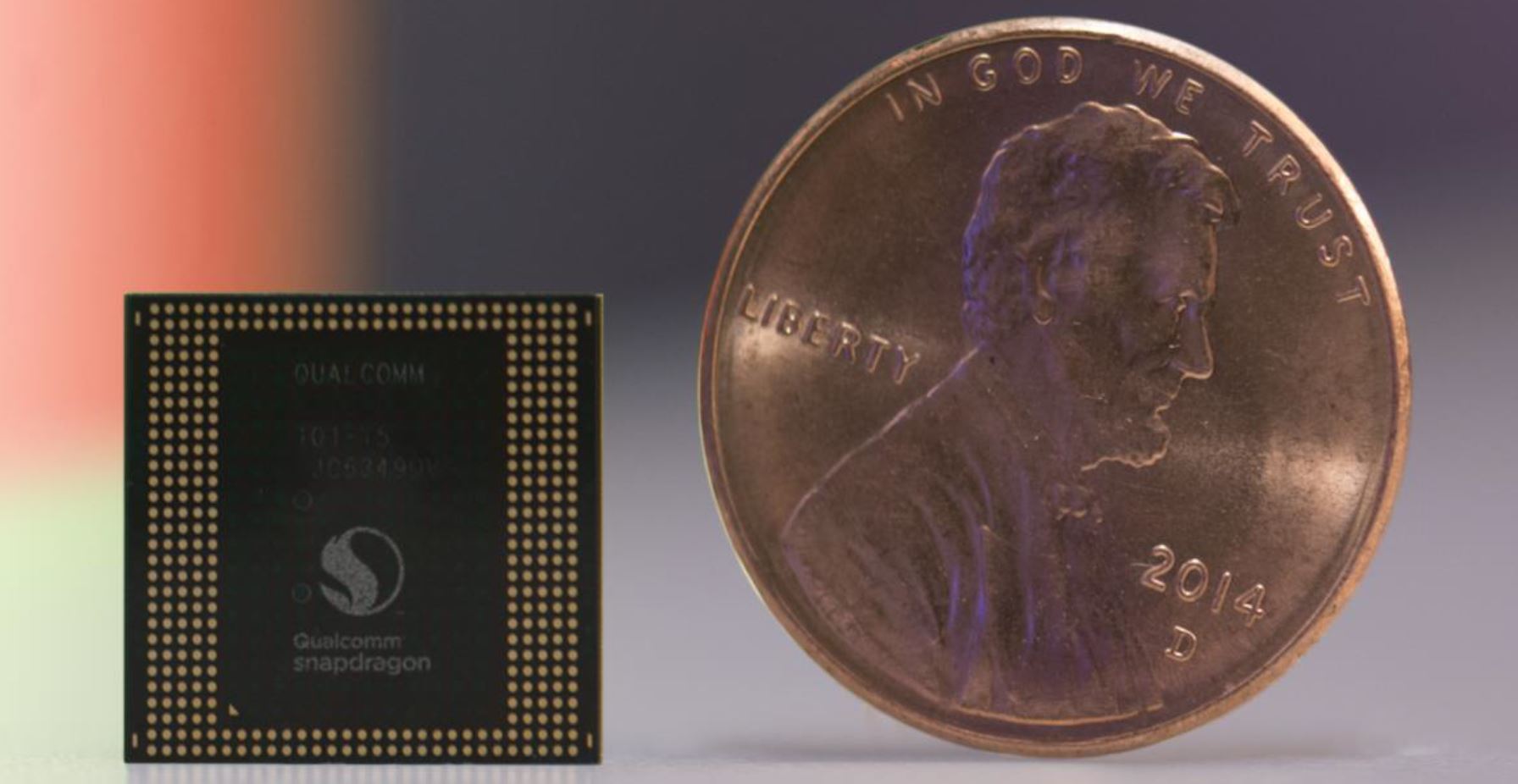
On the memory side, 4GB RAM is now the norm across all of this year’s flagships and HTC’s latest fits right in here. The global model will also offer a 6GB RAM option in some regions, which is a number that we’ve seen prove popular in China and other Asia territories. However, it’s doubtful that the extra RAM will make any meaningful difference to performance.
On the processing side, the inclusion of a octa-core Snapdragon 835 means that the HTCU11 will go head to head with the likes of Samsung’s latest Galaxy S8, Sony’s Xperia XZ Premium, and Xiaomi’s Mi 6 flagships.
The HTCU11 is also a match for internal memory sizes that we’ve seen from other OEMs, with 64GB being the de facto standard. That’s more than you’ll get out of the box with some LG G6 models. However, HTChasn’t said if it’s using UFS or eMMC memory, which might be for the best after the recent memory chip debacle. All of the phones on our list also support microSD cards, if you want extra space for media and whatnot, so there’s not a lot to choose between handsets here.
The final element on this part of the spec table is the display. HTCis sticking with LCD technology with the U11, leaving Samsung as still the biggest player using AMOLED, but the QHD (2,560 x 1,440) resolution is a match for other models. The Xperia XZ Premium’s 4K resolution, which is only enabled when displaying certain content, remains the highest resolution available in a smartphone, but we’re still not convinced by its purpose at this display size. If you’re looking for a slim, bezel-less display, then your best options are still the Galaxy S8 and the LG G6.
| HTC U11 | Galaxy S8 / S8 Plus | LG G6 | Xperia XZ Premium | HUAWEI P10 Plus | |
|---|---|---|---|---|---|
Cameras | HTC U11 12MP f/1.7 rear with OIS 16MP front | Galaxy S8 / S8 Plus 12 MP f/1.7 rear with OIS 8 MP f/1.7 front | LG G6 Dual 13 MP f/2.4 & f/1.8 rear with OIS 5 MP f/2.2 front | Xperia XZ Premium 19 MP rear with OIS and PDAF 13 MP front | HUAWEI P10 Plus Dual 12 & 20 MP f/1.8 rear with OIS and PDAF 8 MP front |
Battery | HTC U11 3,000 mAh | Galaxy S8 / S8 Plus 3,000 / 3,500 mAh | LG G6 3,300 mAh | Xperia XZ Premium 3,230 mAh | HUAWEI P10 Plus 3,750 mAh |
NFC | HTC U11 Yes | Galaxy S8 / S8 Plus Yes | LG G6 Yes | Xperia XZ Premium Yes | HUAWEI P10 Plus Yes |
Fingerprint | HTC U11 Yes | Galaxy S8 / S8 Plus Yes | LG G6 Yes | Xperia XZ Premium Yes (No in US) | HUAWEI P10 Plus Yes |
Fast Charge | HTC U11 Quick Charge 3.0 | Galaxy S8 / S8 Plus Yes | LG G6 Quick Charge 3.0 | Xperia XZ Premium Quick Charge 3.0 / Qnovo Adaptive Charge | HUAWEI P10 Plus SuperCharge |
IP Rating | HTC U11 IP67 | Galaxy S8 / S8 Plus IP68 | LG G6 IP68 | Xperia XZ Premium IP68 | HUAWEI P10 Plus No |
3.5mm audio | HTC U11 No | Galaxy S8 / S8 Plus Yes | LG G6 Yes | Xperia XZ Premium Yes | HUAWEI P10 Plus Yes |
Extras | HTC U11 USB Type-C, Boomsound Hi-Fi, HTCConnect, Hi Res audio, AI assistants | Galaxy S8 / S8 Plus USB Type-C, Bixby, Facial Recognition Wireless Charging, Samsung Pay, HDR display | LG G6 USB Type-C, Wireless Charging, HDR Display, Hi Res audio | Xperia XZ Premium USB Type-C, Hi Res audio | HUAWEI P10 Plus USB Type-C, Hi Res audio |
OS | HTC U11 Android 7.1 | Galaxy S8 / S8 Plus Android 7.0 | LG G6 Android 7.0 | Xperia XZ Premium Android 7.1 | HUAWEI P10 Plus Android 7.0 |
Moving on to the camera, historically sometimes a weak spot in HTCflagships, the HTCU11 seems to have made a number of improvements. Its updated UltraPixel technology can still be found in the rear sensor, sporting a familiar f/1.7 aperture and large 1.4 μm pixel size. Optical Image Stabilization is also common across all our flagships, ensuring smooth video and better low light pictures. The U11’s front facing camera has changed over to a 16 megapixel sensor, up from 5 megapixel in the HTC10, but the same as the U Ultra. This offers a resolution that exceeds what’s on offer from other flagship phones, although we’ll have to do some testing to see if this extra resolution comes at the expense of extra noise.
It’s worth noting that DxOMark rates the HTCU11 rear camera very highly, putting it a notch above the likes of the Google Pixel and Samsung Galaxy S8. If this reflects real world results, this could make the U11 a very tempting phone to photography enthusiasts. We’ll wait to do some hands-on testing ourselves, but things are looking very competitive in the camera space.

On to the extras, where we can usually start telling most phones apart, and we certainly see that the HTCU11 is keeping up with the competition while introducing a few unique options of its own. For starters, Quick Charge 3.0 support, a fingerprint scanner, USB Type-C port, NFC, and Android 7.1 Nougat are all par for the course these days and the HTCU11 doesn’t disappoint. Unfortunately the 3,000mAh battery size is a little smaller than other devices of a similar size, but it’s by no means an inadequate sized cell.
If you’re looking for a slim, bezel-less display, then your best options are still the Galaxy S8 and the LG G6.
HTC has hopped onto the water and dust resistance trend too, with the introduction of an IP67 rating for its case. While not quite as high a rating as the IP68 certification awarded to the Galaxy S8, LG G6, or Xperia XZ Premium, the HTCU11 will still handle water submersion for a limited time.
The audio side remains an area where the HTCU11 is determined to stand-out. The inclusion of Boomsound Hi-Fi speakers aims to offer a better sound clarity than others, the company’s proprietary HTCConnect technology can stream media to other devices, and the devices supports the playback of Hi-Res audio formats too. The lack of a 3.5mm jack departs from what we’ve seen from most other flagship manufacturers, but HTCis including a DAC-equipped Type-C to 3.5mm in the box to keep most headphone listeners happy.
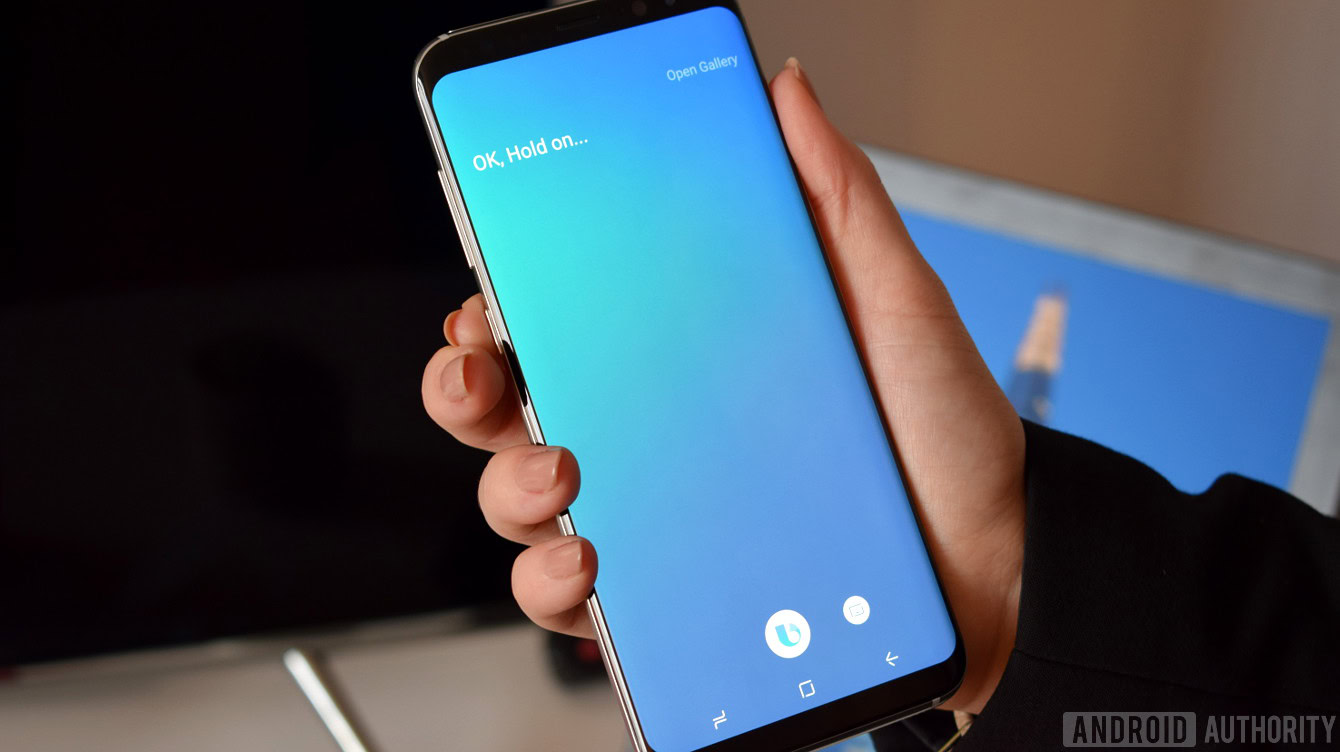
Speaking of trends, HTCisn’t being left behind in the virtual assistant race either. In fact, the HTCU11 supports Google Assistant, Amazon Alexa, and the company’s own Sense Companion, depending on the region. Of course, Google Assistant is available on a number of phones, but the introduction of its own Sense Companion suggests that HTCis interested in competing with the likes of Samsung’s Bixby too. However, it appears that the Sense Companion is more limited than Samsung’s assistant, only offering up personalized recommendations rather than major integration into a number of apps. However, smart home users might find the inclusion of Alexa out of the box extra useful.
The HTCU11 has also introduced a first for the smartphone market – the company’s Edge Sense squeezable bezel technology. By squeezing the side of the phone, user’s can open up apps, along with a number of other customizations. We’ll have to see how useful this turns out to be, but it’s a neat little addition nonetheless and one that can’t be found elsewhere.
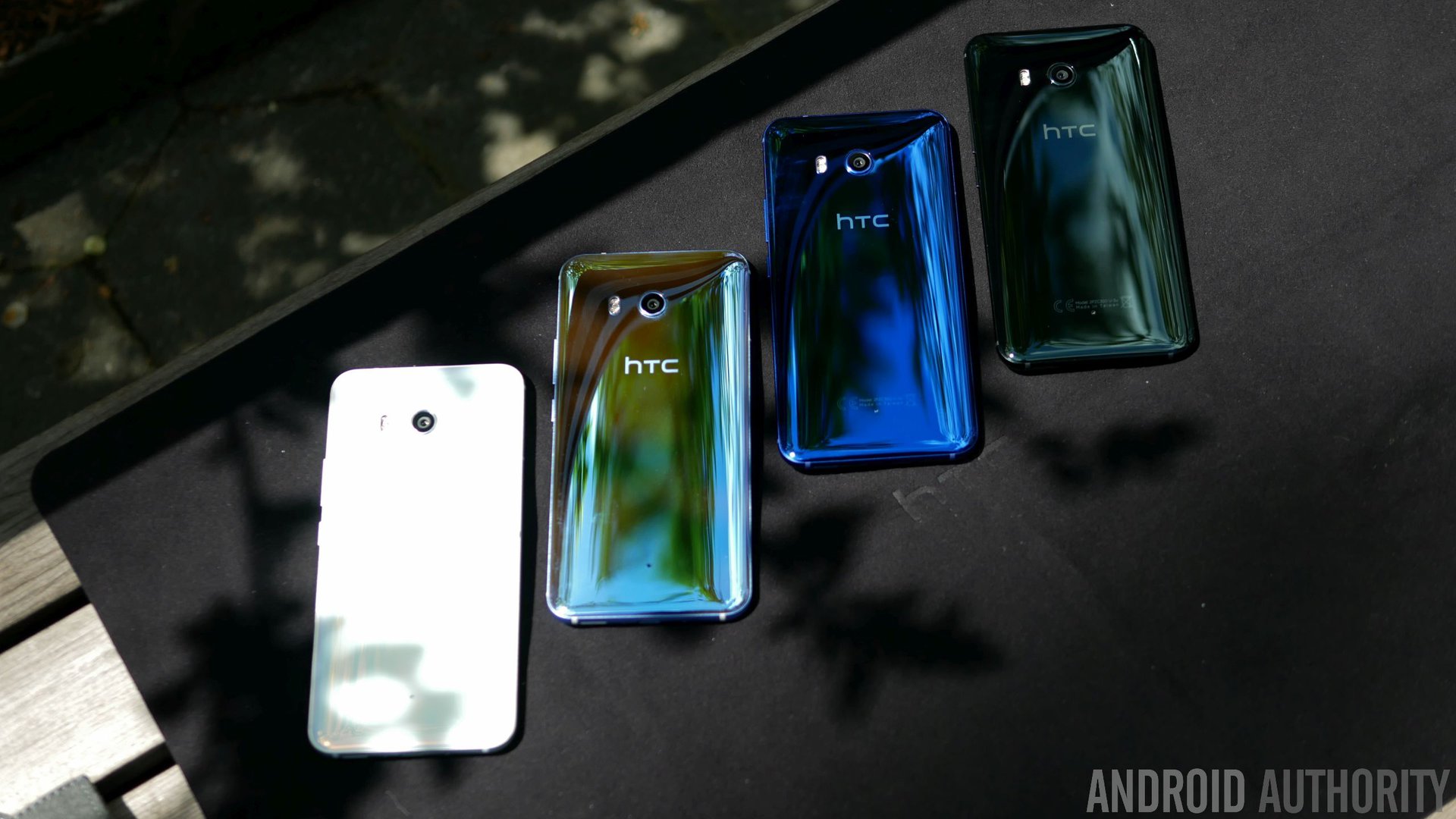
The final word
Based on the paper specs, the HTCU11 certainly keeps up with the competition, while the familiar design language and improvements to its unique technologies will keep long running fans happy. As usual, there’s little to tell the top-tier flagship apart in terms of hardware capabilities, and improvements to the U11’s camera and software features makes this an even tougher contest than last year. I’ll reserve judgement on the usefulness of Edge Sense, but the U11 is shaping up to be a fine phone.
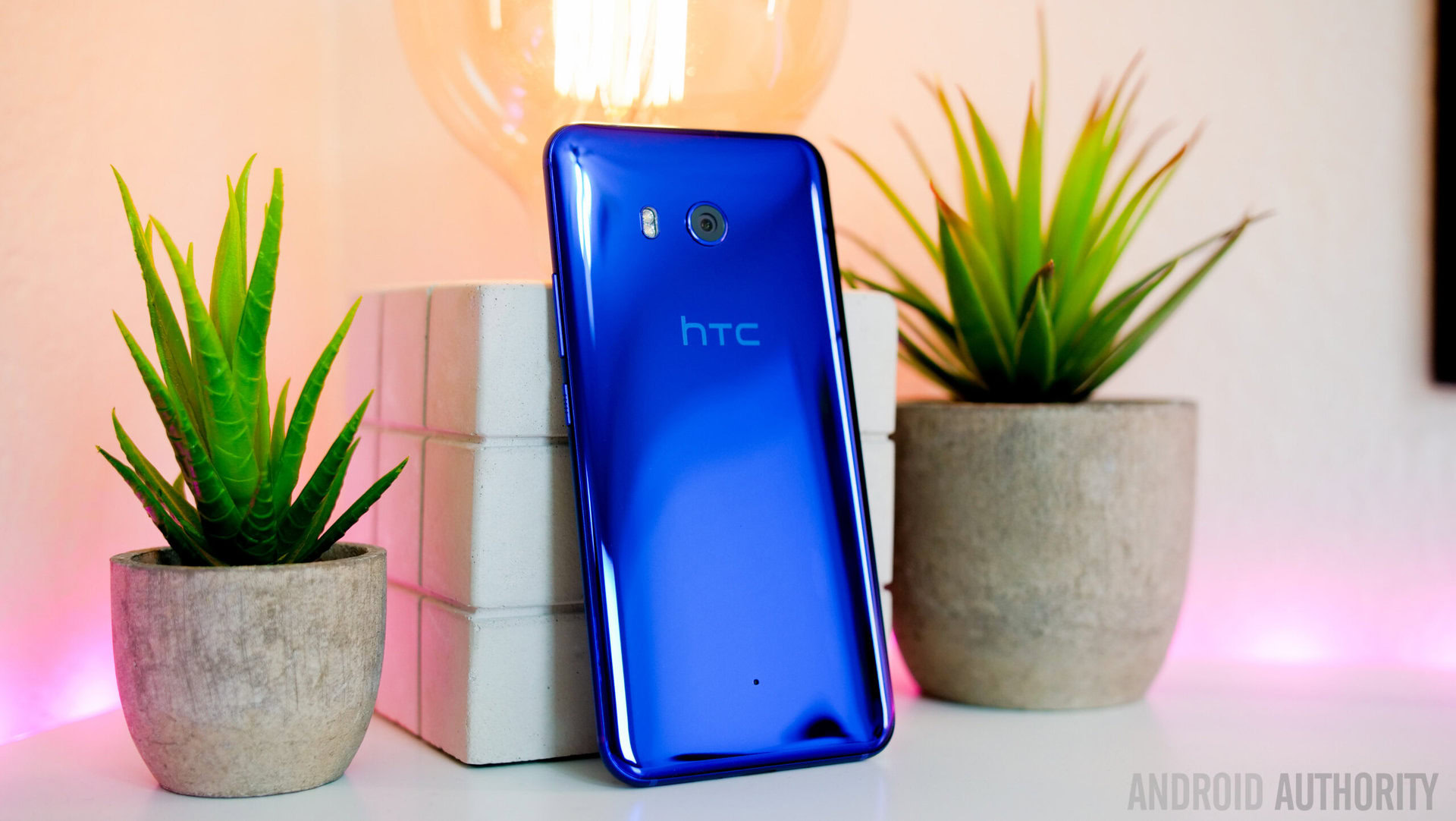
The HTCU Ultra was a competitive flagship when it launched earlier in the year, even if it didn’t offer too many improvements over the HTC10, and now the HTCU11 has arrived to quickly fill in the company’s range with the latest hardware and software trends. If you’re after the latest processing hardware, virtual assistant technology, and remain a fan of HTC’s design language, the U11 is certainly a flagship worthy of your consideration.